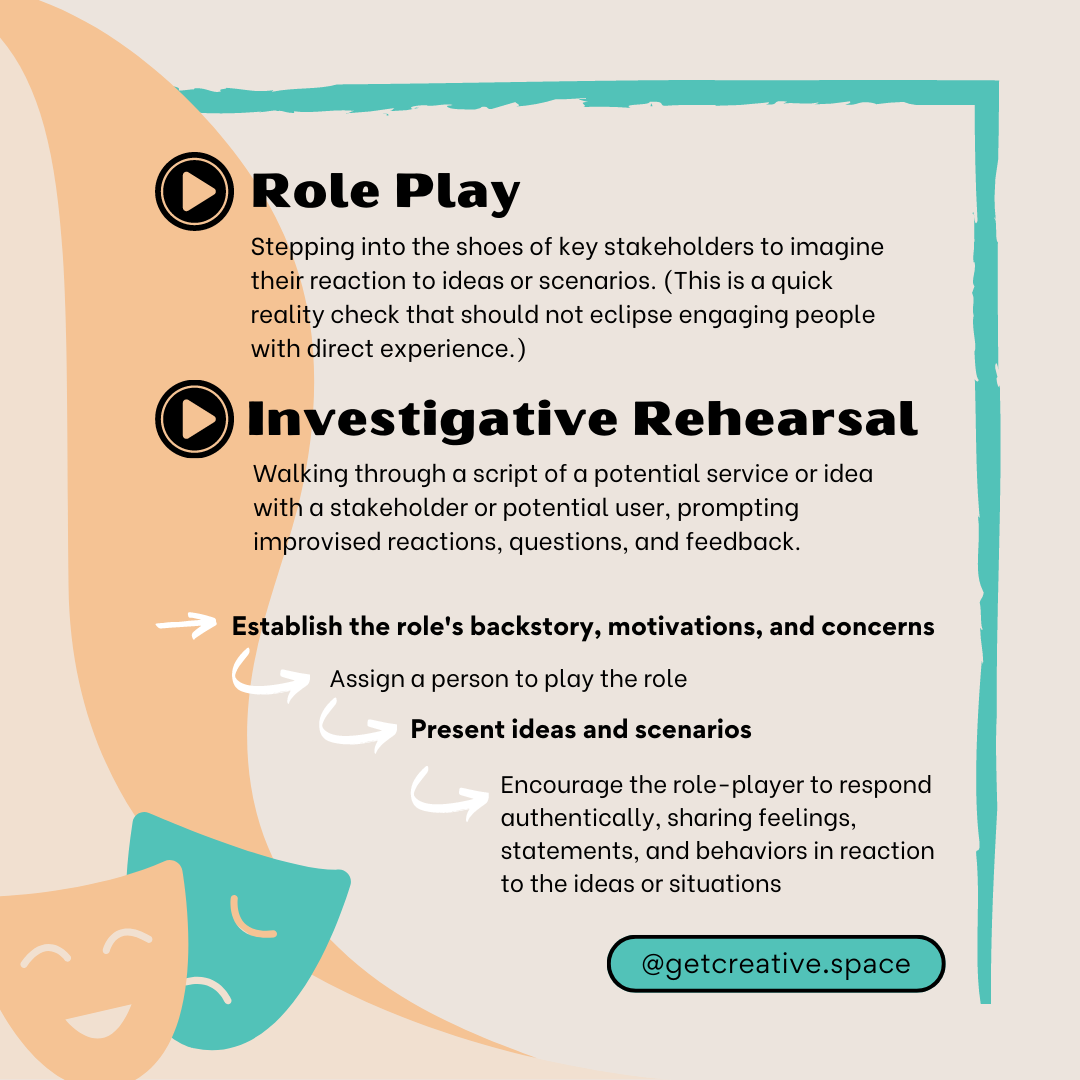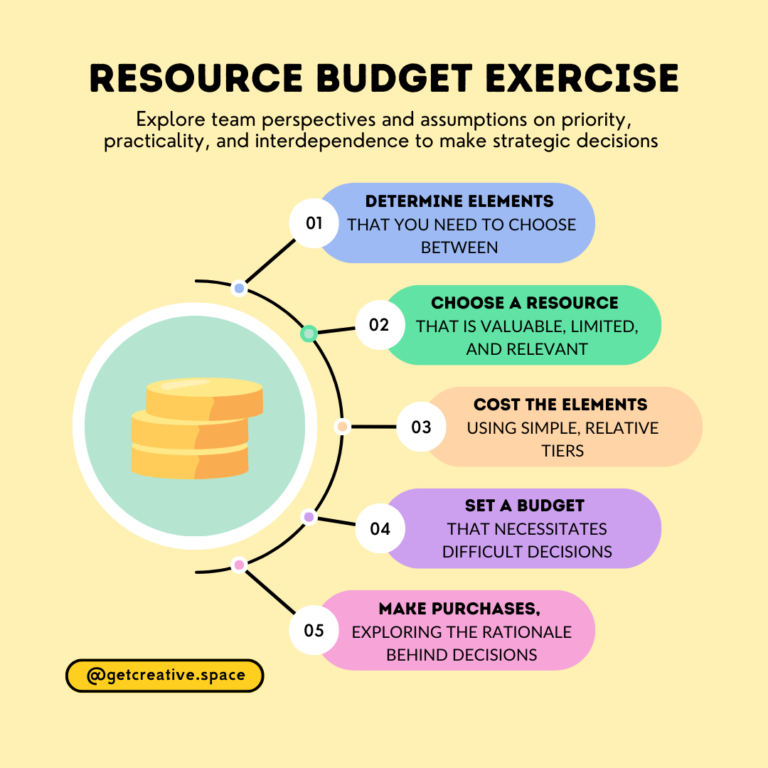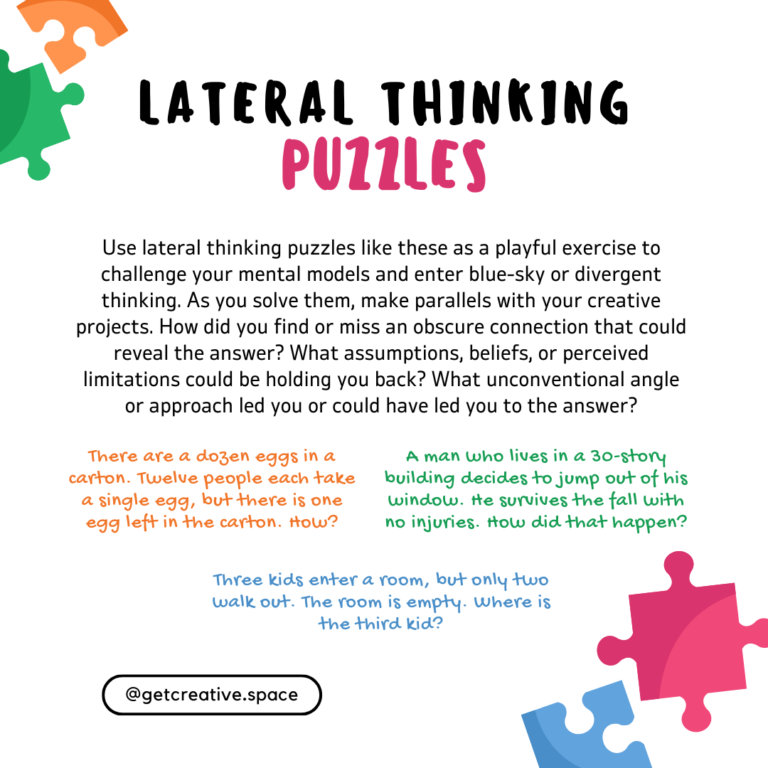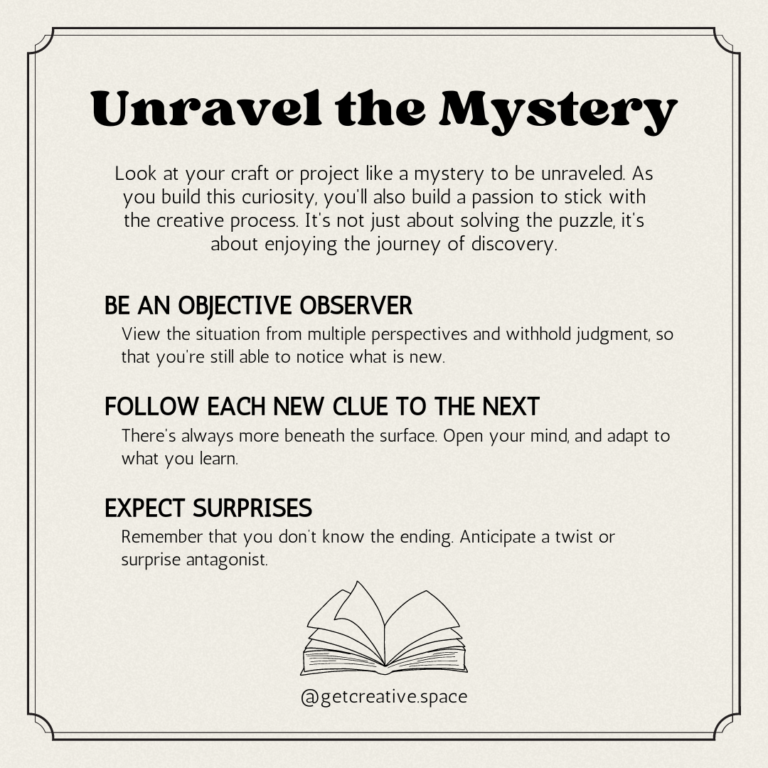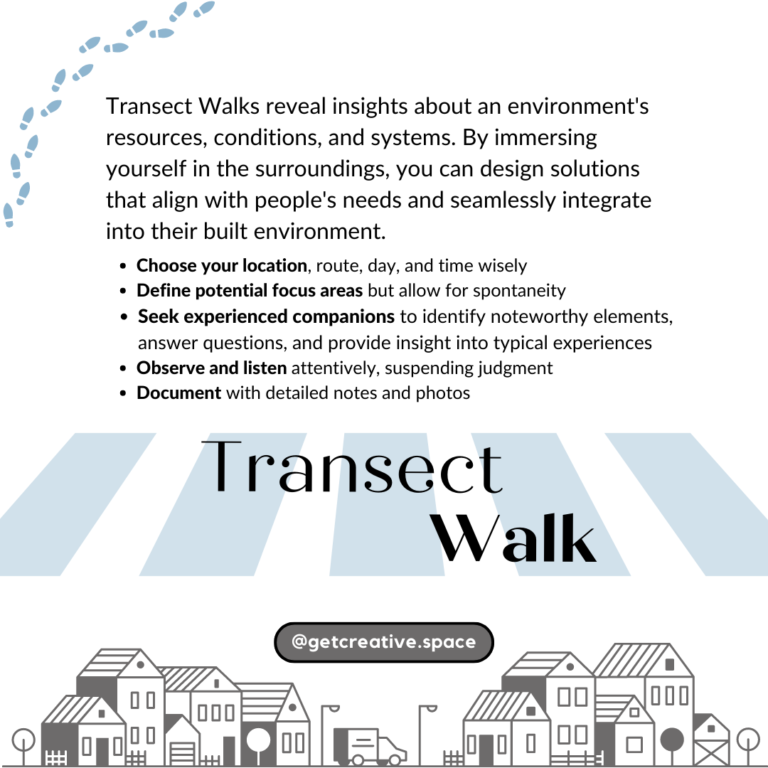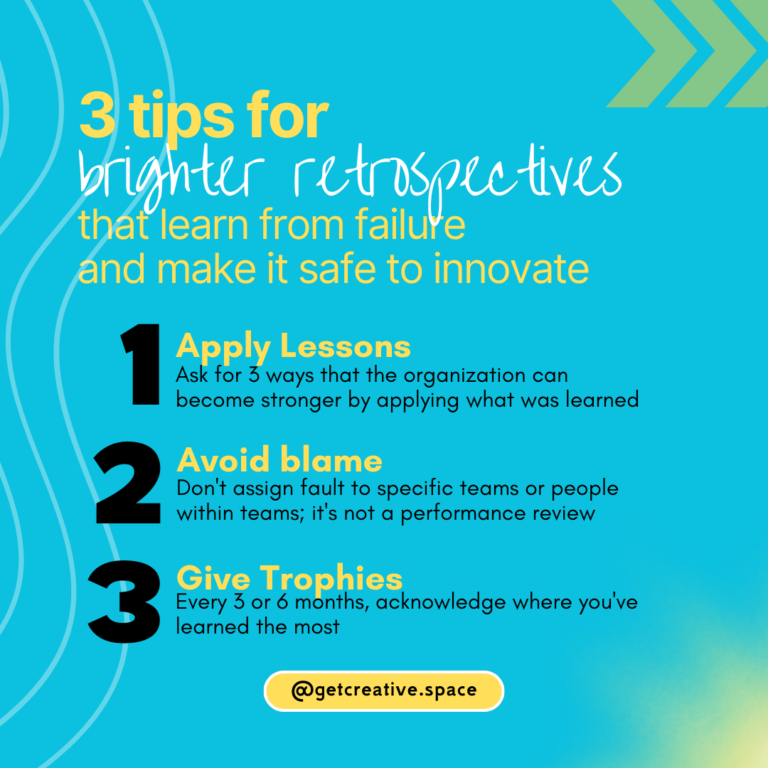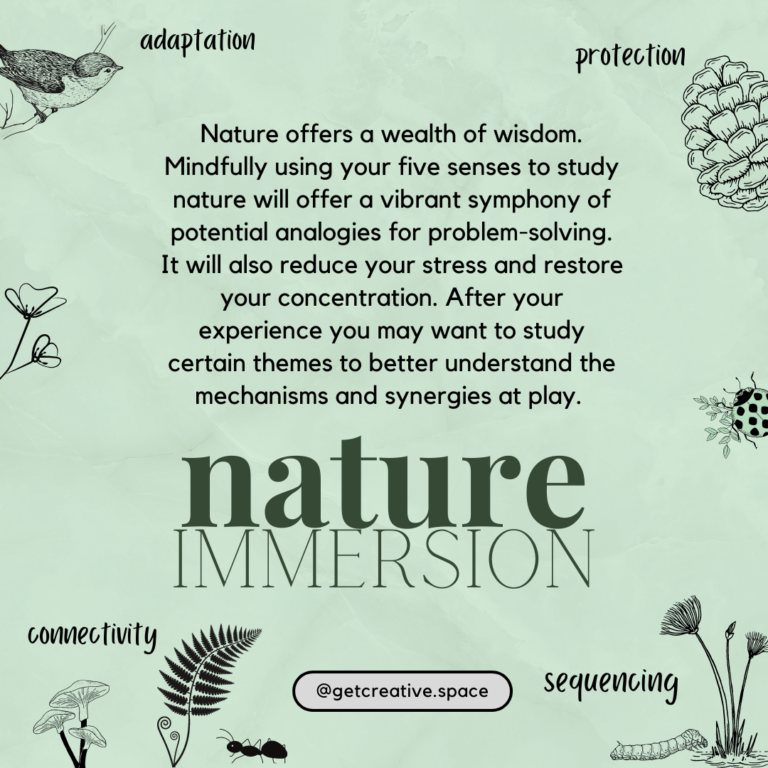Role Playing and Investigative Rehearsals for Creative Exploration
Role plays and investigative rehearsals are powerful tools that can enhance your creative or development process. When you are curious about how something will come across or what impact it will have, these creative tools offer insights, empathy, and perspective.
Role play means stepping into the shoes of key stakeholders as a fast reality check and should never eclipse engaging people with direct experience. Investigative rehearsals use scripts and prompts as a structured way to invite stakeholders into the creative process with you as co-designers or testers.
Below are the steps for successful role plays or investigative rehearsals and two practical examples of how these techniques have been used effectively.
Steps for a Successful Role Play or Investigate Rehearsal
- Set up the role: Begin by establishing the backstory, motivations, and concerns of the role to be played. This helps the participants immerse themselves in the character and understand their unique perspective.
- Assign role: Choose one person to assume the role and act as the designated character. Ensure they have a clear understanding of their role’s expectations and responsibilities.
- Present scenarios: Introduce pre-determined scenarios or suggest innovations and adjustments related to your project or service. These scenarios should challenge the role-player and elicit genuine responses.
- Role-play and improvise: Encourage the role-player to respond authentically, sharing both their feelings and behaviors in reaction to the given situations. This improvisation brings the scenario to life and provides valuable insights.
- Manage the session: Be mindful of the time spent on role-playing. After 45-60 minutes, consider switching roles or taking a break to reflect on emerging observations and thoughts.
Examples of Utilizing Role Playing and Investigative Rehearsals
- Role play for empathy and refinement: In a workshop with social service administrators, role-playing was used to explore ways to enhance the empathy and clarity of a state employment program. One administrator acted as a client, assuming the realistic background and experience of someone who could most benefit from the program. Other administrators suggested problems or solutions across three stages of the program, and allowed the “client” to respond. The feedback and reactions from the role-playing exercise helped refine ideas and guide further development.
- Investigative rehearsal for service testing: An investigative rehearsal was employed to test a new service idea. The rehearsal involved a facilitator (delivering the service) and a user (experiencing the service). A person representative of the intended beneficiary played the user role. The facilitator followed a script outlining the service, while the user provided improvised responses, asked questions, and offered constructive feedback. The findings from this rehearsal were invaluable in validating the program’s usefulness and improving its design.
Role-playing and investigative rehearsals offer creative and dynamic approaches to gain insights, refine ideas, and test the effectiveness of projects and services. By immersing ourselves in different roles or setting the stage for others to respond to our ideas, we can tap into empathy and perspective, leading to more impactful outcomes. Incorporate these techniques into your creative process to enhance understanding, refine solutions, and achieve meaningful results.

